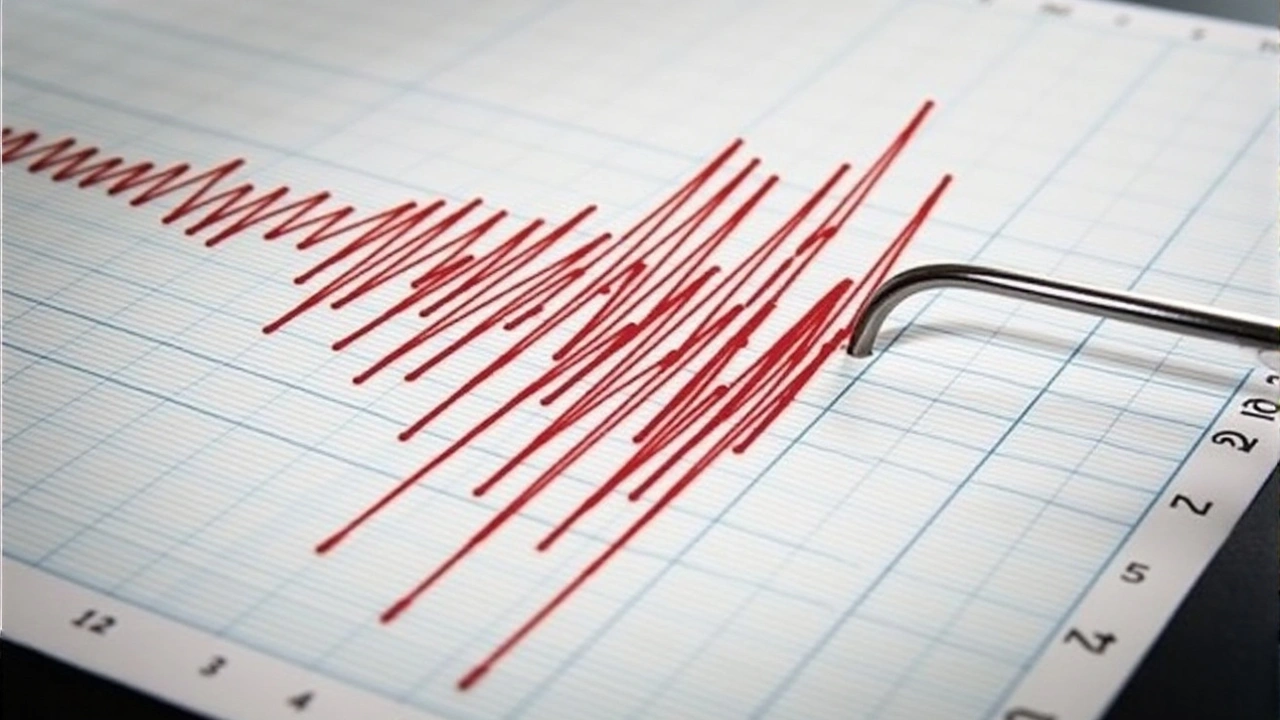Understanding Seismic Activity and Its Impact
Ever wondered what causes the ground to shake suddenly? That's seismic activity, mostly caused by movements along fault lines in the Earth's crust. These movements release energy that travels in waves, which we experience as earthquakes. Knowing about seismic activity helps us better prepare and respond when the earth rumbles beneath our feet.
Seismic activity varies worldwide depending on where tectonic plates meet or slide against each other. Some areas, like the Pacific Ring of Fire, experience frequent earthquakes due to intense plate movement. Other regions have very little seismic activity, making them safer from earth tremors. Understanding your area's seismic risk is crucial for safety planning.
What Triggers Seismic Activity?
The main culprit behind seismic activity is the shift of tectonic plates. These huge slabs of Earth's surface constantly move, sometimes colliding, pulling apart, or sliding past each other. When they suddenly slip, they release stored energy, causing an earthquake. Other causes can include volcanic activity or human actions like mining and reservoir-induced seismicity.
Staying Safe When the Ground Shakes
Earthquakes can be scary, but a little knowledge goes a long way in staying safe. Simple steps like securing heavy furniture, having an emergency kit, and knowing safe spots in your home can make a huge difference. During a quake, 'Drop, Cover, and Hold On' is the best advice – drop to the floor, take cover under sturdy furniture, and hold on until shaking stops.
Seismic activity isn't just about the shake itself; it also affects how communities prepare and respond to these natural events. Modern technology now helps monitor and predict seismic activity more accurately, giving people vital warnings to reduce damage and save lives. Paying attention to seismic updates keeps you ready for any unexpected tremors.
Whether you're living in an earthquake-prone area or just curious about these natural phenomena, understanding seismic activity is essential. It's our planet's way of shifting and adjusting, reminding us to stay alert and prepared for what lies beneath.
Powerful 5.4 Magnitude Earthquake Hits South Africa, Shaking Communities Near the Epicenter
A strong 5.4 magnitude earthquake struck South Africa, raising concerns about potential damage and injuries. The event was reported by the German Research Centre for Geosciences, which noted the quake occurred at a 10-kilometer depth. No immediate reports of damage or casualties have emerged, but the quake's significant strength has put residents and authorities on high alert.
More
